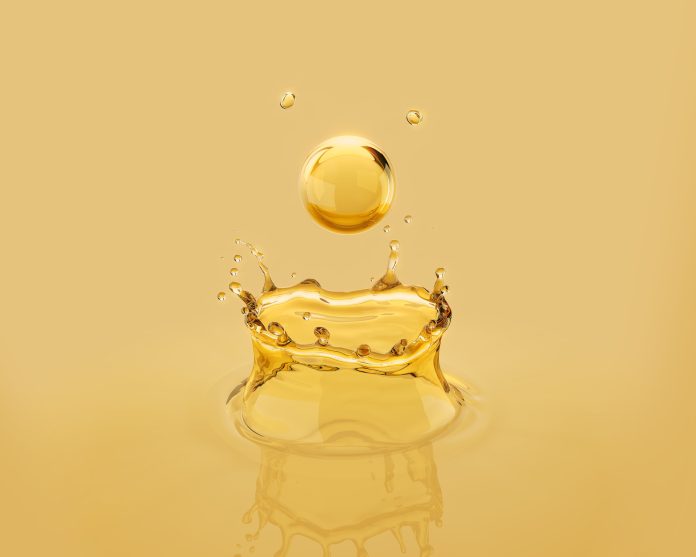
Have you ever wondered if water, the most basic thing on our planet, could help us combat climate change?
Researchers at Johns Hopkins University say it can. Led by A. Shoji Hall, they’ve figured out a way to use water to turn carbon dioxide (CO2), a harmful gas that contributes to climate change, into useful things like ethanol and ethylene.
This could be a game-changer for our environment.
The Problem with CO2
We hear a lot about CO2 emissions, mainly because they’re a big part of what’s causing the Earth to warm up.
We produce CO2 when we drive cars, make things in factories, and even when we use electricity at home. Normally, some scientists have tried to convert this bad CO2 gas into something useful using copper and electricity. But that method had its own problems.
It made gases like methane and carbon monoxide, which are also not great for the environment.
Enter Water: The Game-Changer
Hall and his team thought about using water to make the process better. Why water? Because it’s everywhere, it’s safe, and it mixes well with many things.
They looked at using water mixed with a lot of salt and then ran electricity through it.
By adjusting the amount of water, they managed to make more of the useful chemicals like ethanol and ethylene while making less of the harmful gases.
Why Is This Important?
Ethanol and ethylene are chemicals that we use a lot in making other things. Ethylene, for example, is a key ingredient in many products we use daily, like plastics.
So, if we can make these chemicals from CO2, we can lower the amount of CO2 in the atmosphere. Hall says this could be especially useful for factories, which are one of the biggest sources of CO2 emissions.
The Science Behind It
For those interested in the science part, the team discovered that the amount of water used in the process was crucial.
When they adjusted the water level, a chemical reaction happened that let them make the chemicals they wanted. Essentially, water helps to “stick” the CO2 to the copper, making the process work better. So water isn’t just a “helper”; it’s a key player in making this method successful.
What’s the Big Picture?
According to Hall, their findings could be a major step forward in how we deal with CO2 emissions.
Since water is so common and safe, this new method could easily be used in different places to help fight climate change. This could lead to a greener and more sustainable future for all of us.
“The significance of our findings is that they can be used to reduce the amount of CO2 released into the air, especially from factories,” says Hall.
“Understanding the role of water in this process can really change how we tackle the issue of climate change.”
So, the next time you take a sip of water, remember that it might just be one of the heroes in the fight against global warming.
Their results appeared in Nature Catalysis.
Follow us on Twitter for more articles about this topic.
Source: Johns Hopkins University.



